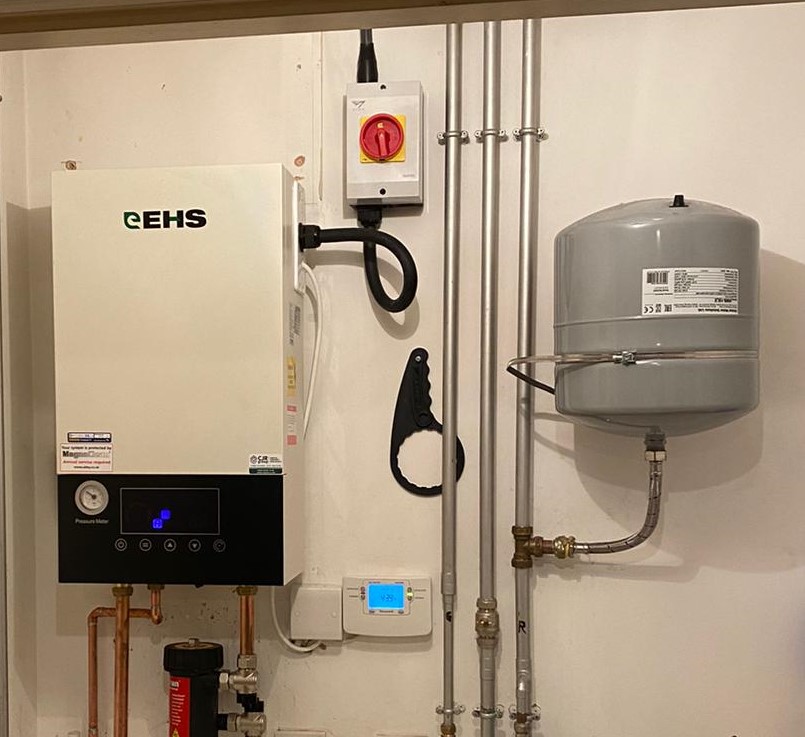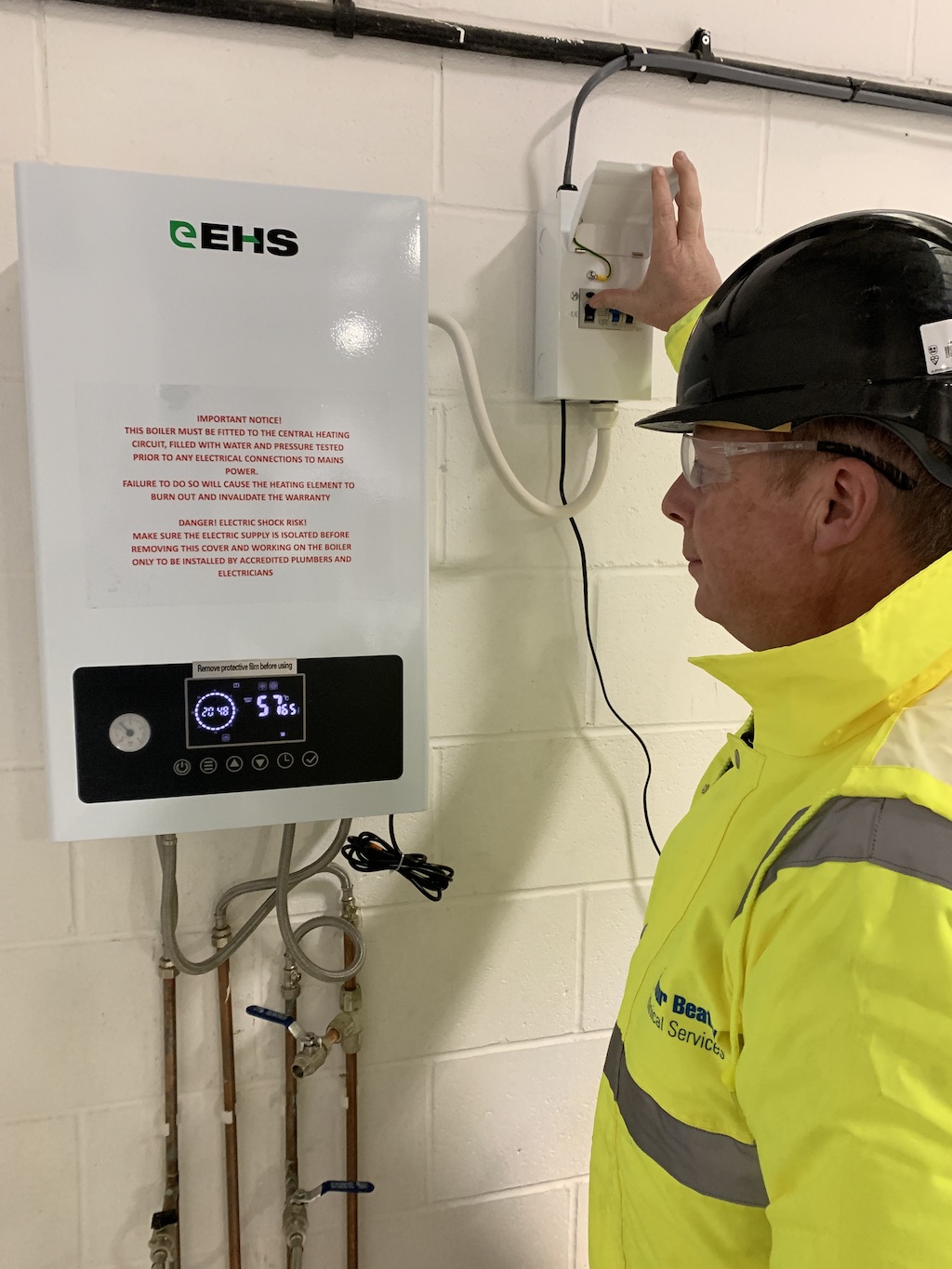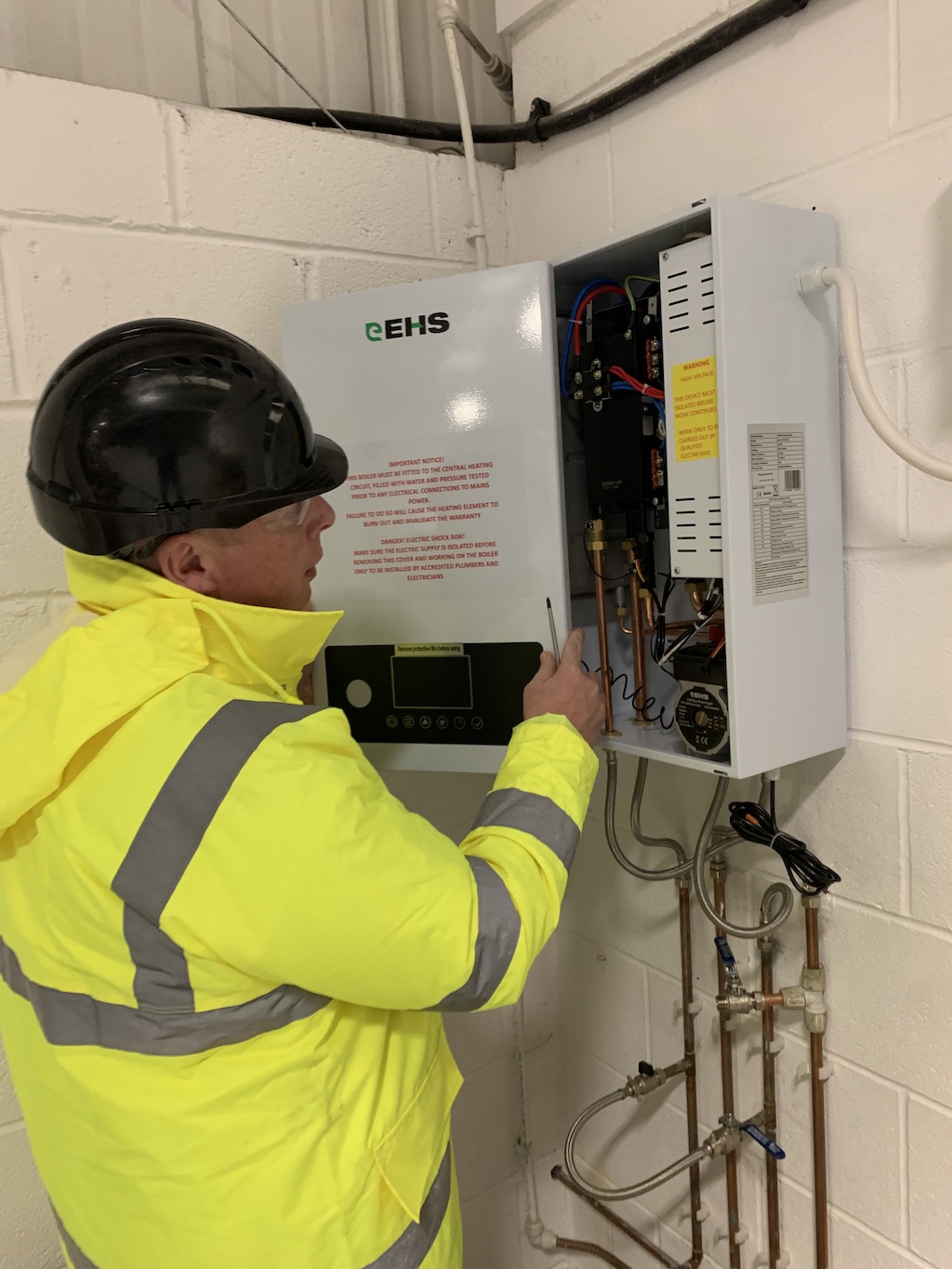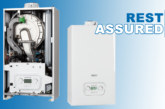
Adam Taylor, heating & plumbing product specialist from Builder’s Merchants, Beesley & Fildes, discusses the potential of electric boilers as an alternative to both gas and air source heat pumps.
With rising gas prices and challenging carbon emissions targets, the UK Government is keen to nudge homebuilders, homeowners and landlords towards alternative approaches to heating our properties over the next few years. The horse they are backing is air source heat pumps, with grants available to encourage take-up. But even with the financial incentives, the upfront costs are high and the pay back period is considerable. Moreover, air source heat pumps are not suitable for all properties, they require electricity to operate the pump and they can be difficult to retrofit.
While there does need to be a focus on transitioning domestic heating systems to more sustainable options, there also needs to be more creativity and pragmatism applied to this issue. Homeowners, landlords and developers that have the right resources and conditions in their properties can choose to invest in air source heat pumps and other renewable energy sources. Those who do not, also need an affordable way to heat their homes – and hot water supply – using renewable energy where possible. Electric boilers offer an affordable, easy to retrofit solution for doing just that.
A straightforward alternative
The need to transition from gas to alternative energy sources for heat and hot water is environmental, financial and political, which makes for a compelling need to find viable solutions. But any transition is easier if we can find an alternative that is similar enough to what we’re used to, be easy and familiar, while still providing the advantages of something different. Electric boilers provide that potential.
For existing properties, electric boilers can be installed using legacy pipework and radiators. In effect, the electric boiler is a like-for-like switch for its gas predecessor. This not only minimises disruption for the homeowner or landlord, but also reduces the installation costs and avoids any additional costs involved in modifying the property for new technology.
For landlords, it is a beneficial switch, because an electric boiler requires no flue, no gas safety certification and no mandatory maintenance inspections. For rented properties and social housing, therefore, an electric boiler reduces maintenance costs and provides an assurance of tenant safety, with no risk of carbon monoxide poisoning or gas leaks.
Myth busting
One of the common push backs when it comes to electric boilers is the running costs. Electric boilers often seem cost prohibitive as compared to gas, but they can be operated using renewable energy sources to keep running costs down. A configuration for a smaller property, for example, would be an electric combi boiler and a solar power installation. For larger properties, an electric boiler combined with an unvented cylinder can take advantage of lower electricity tariffs during the night to heat enough hot water to last for the whole day at low cost. Electric boilers also provide an energy source for underfloor heating, delivering a solution for contemporary homes and new builds.
Government policy, developers, landlords and homeowners are not just considering the financial costs of alternatives to gas, they are also focused on the environmental costs of heating homes. In addition to combining electric boilers with renewable energy sources installed at the property, homeowners and tenants can choose to select energy providers that supply customers exclusively from renewable sources. In this way, electric boilers can contribute to reduced carbon emissions while offering reliability, ease of installation and low maintenance benefits.
The other key factor that must be considered is comfort. One of the challenges with air source heat pumps is that they are better able to generate heat when the weather is warm; precisely when homeowners’ need for heating is lowest. Conversely, gas provides a reliable heat source that can warm a home quickly, while, historically, electric heating has had a reputation for providing a less consistent heat output. This is no longer the case. Contemporary electric boilers, such as the EHS boilers stocked by Beesley & Fildes, are efficient and reliable: the key is to specify the correct size and type of boiler for the property. Just like gas boilers, they can also benefit from the use of smart controls, enabling the homeowner to programme in their own requirements or control their heating remotely for improved comfort, energy efficiency and cost management.
With the investment in sustainable energy infrastructure promising low costs and environmental impact from electric heating, CO2 savings compared to gas, and practical considerations compared to heat pumps, electric boilers should be an important part of the future of domestic heating and hot water.










